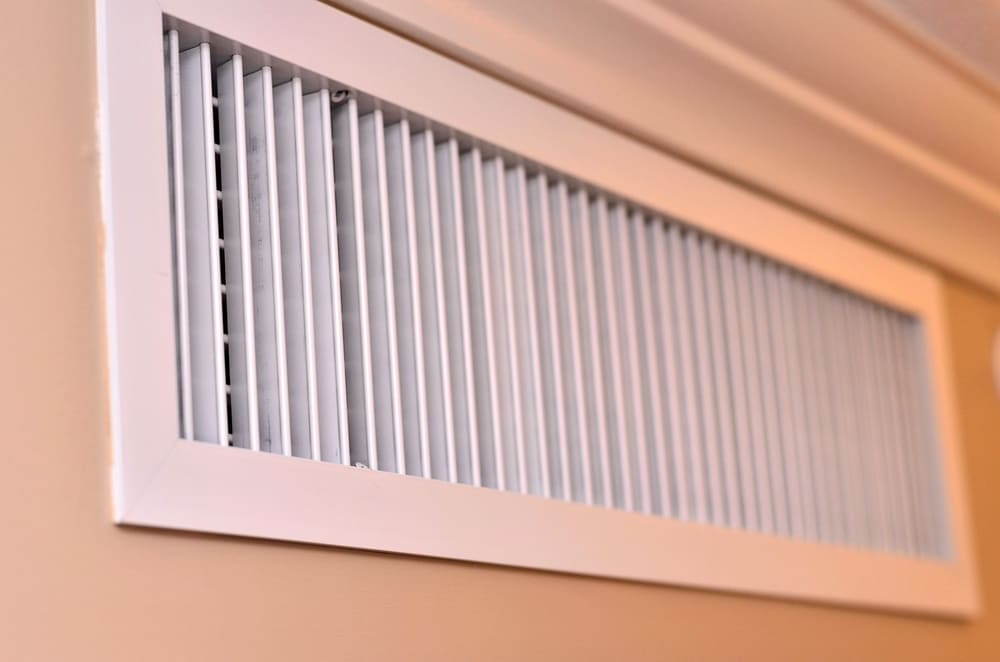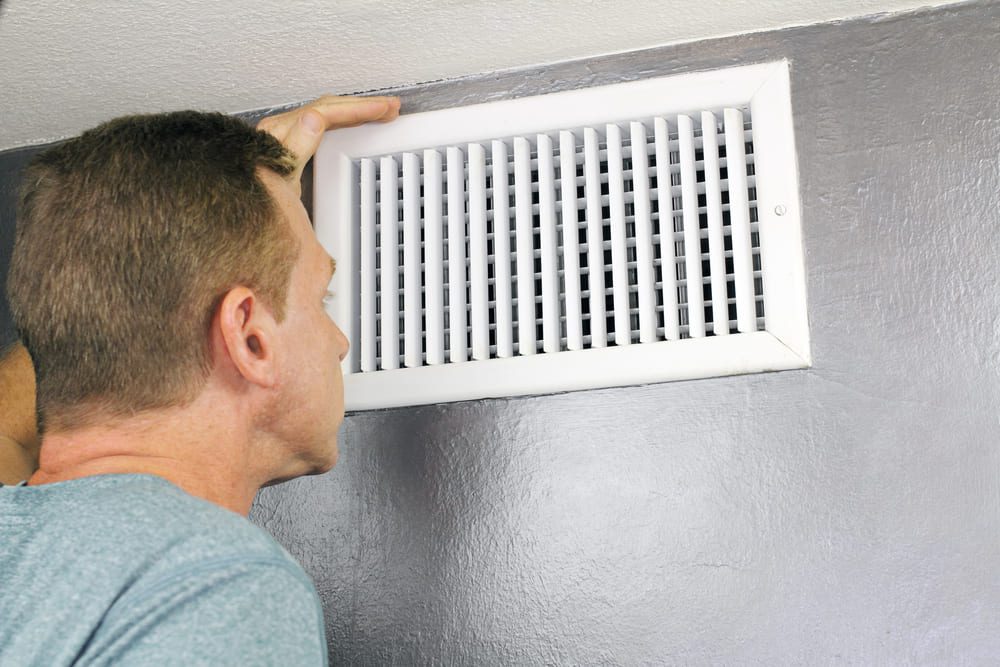
Between cooking all day in the kitchen and filling your home with guests, high-traffic rooms are bound to get a little toasty. While you might be tempted to close some air vents here and there to lower the temperature, we advise against it. Why? Because doing so can damage your HVAC system and increase your energy bill.
We promise there’s a better way. Keep reading to see how you can achieve optimal energy efficiency and home comfort for every family member and guest this season.
Table of Contents
4 Reasons Why You Shouldn’t Close Air Vents in Your Home
Have you ever wondered whether closing air vents helps cool other rooms in your home? Contrary to popular belief, closing off air vents to direct airflow to specific rooms does not save heat or cool rooms down. Rather than redirecting airflow to specific locations, closing vents causes air buildup in your ductwork.
Below is an outline of the top four reasons why you shouldn’t close air vents to cool other rooms in your space.
Higher Utility Bills
When air leaks through the ductwork, your HVAC system starts running more cycles for longer periods of time to reach the thermostat’s temperature setting. This energy inefficiency puts unnecessary strain on your HVAC system, which causes premature wear and tear that shortens its lifespan. Air goes to rooms that don’t need it, which causes your monthly energy bill to spike.
HVAC System Damage
Every HVAC system has either an electronically commutated motor (ECM) blower or a permanent split capacitor (PSC) blower. When pressure in the ductwork increases due to closed air vents, ECM blowers are forced to work overtime. This can lead to component malfunctions and breakdowns.
On the other hand, increased pressure in the ductwork causes PSC blowers to decelerate and reduce airflow speed. Inadequate airflow can cause air conditioners to develop a frozen evaporator coil and heaters to develop a cracked heat exchanger.
Airflow & Air Pressure Problems
When you start closing air vents, the air your HVAC system produces builds up in the ductwork. This continuous buildup causes a pressure imbalance and can even create air leaks in the ductwork. Much of the air produced goes to waste, which reduces airflow efficiency.
Mold Growth
As air builds up in the closed vents, condensation starts to form. A dark, damp place like your home’s ductwork is the ideal environment for mold and mildew growth.

HVAC Zoning Systems
Does your family ever complain about it being too hot or too cold in certain rooms? You can kiss all your household temperature problems goodbye with an HVAC zoning system. These advanced heating and cooling systems offer total temperature control over every room in your home at the touch of a button. You can direct warm or cool air to the rooms that need it and keep it out of the ones that don’t.
Schedule an HVAC Zoning System Installation
Discover the benefits of customized temperature control by installing an HVAC zoning system. The certified technicians at Fenwick Home Services offer convenient next-day installations so you can enjoy immediate energy and cost savings.

